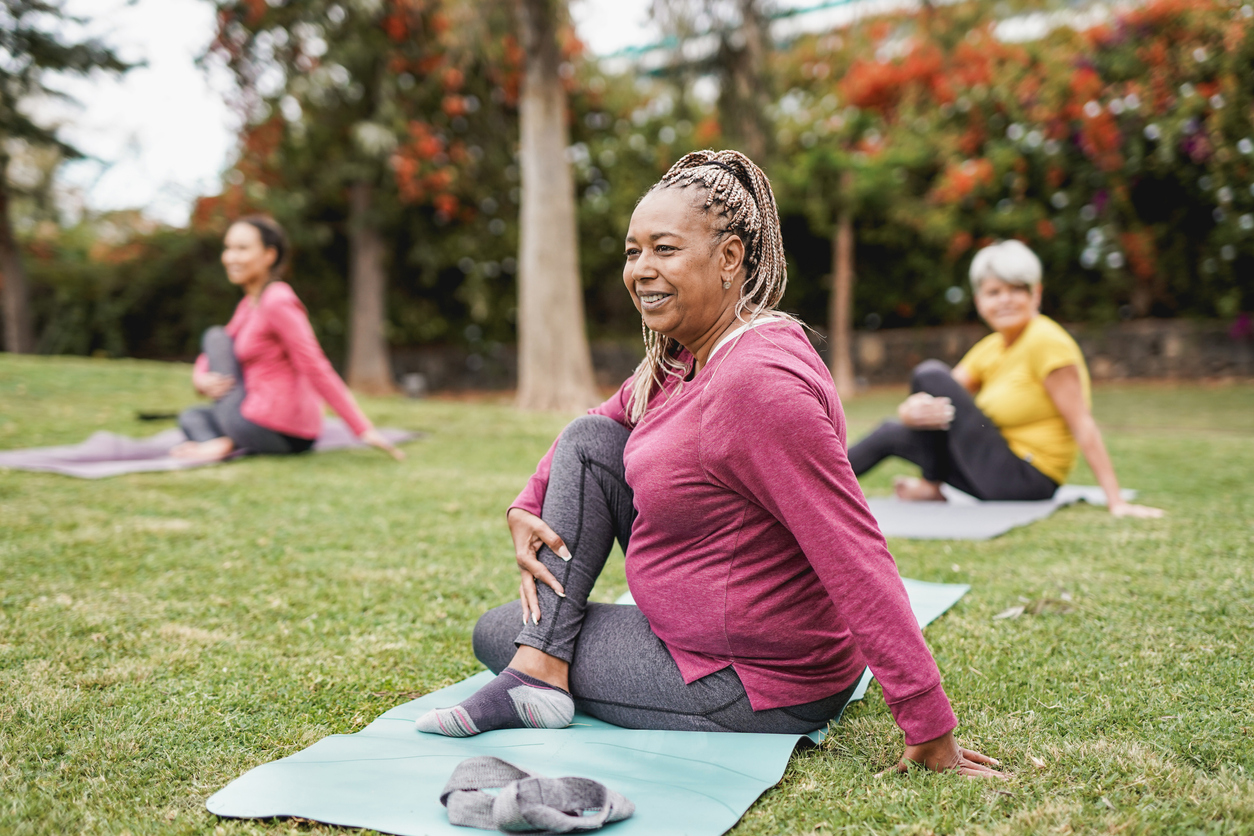Exercises to Use to Reduce Chronic Pain
Chronic pain can be relentless, and alleviating it in any manner may seem impossible when you’re going through the throes of perpetual pain. Managing chronic pain can take some work and consistency, and one popular method to help with your pain is exercise. Upon exercising, your brain will release a substantial amount of endorphins that will enhance your overall mood while quelling chronic pain. While physical and medical treatments are imperative in managing chronic pain, you can also practice both mindfulness-based stress reduction and certain physical activities, as they are conducive ways to ease suffering and go about your day without feeling visceral pain.
Find out what exercises you can do daily to reduce chronic pain and enhance your overall health.
Swimming and water aerobics
For anyone with mobility issues that often cause pain, exercise in the water can be a viable solution for reducing chronic pain. Swimming or water aerobics are relatively low-impact for anyone who has incredibly sore joints and muscles that can be hard to move without inducing pain, where water won’t put any unnecessary strain or pressure on these sore areas. Being in the water, in general, can be therapeutic in clearing your mind, something that is often needed when you’re suffering from chronic pain.

Walking
Walking is a versatile and accessible exercise that can do wonders for your health. Walking can build your strength and endurance, and this exercise will improve cardiovascular health. More so, walking is an exercise that will work to quell chronic pain, notably when it comes to relieving lower back pain. Walking is an accessible exercise that you can perform anywhere from five minutes to one hour and is something you can start slow and eventually work to take longer and more active walks.
Yoga
For exercise that can be low-energy and not strenuous, turn to yoga, where you can learn slow movements, breathing exercises, mindfulness-based stress reduction methods, and certain postures that can help reduce pain while increasing mobility. Yoga is helpful in reducing arthritis, lower back pain, migraines, fibromyalgia symptoms, and general anxiety, among many other ailments that cause pain.
Stretching
Increase your flexibility and bring more flow to your muscles and joints by practicing stretches you’ve always known while adopting new ones into your exercise routine. By stretching, whether you do it before more laborious exercises or before you begin your daily routine, you can reduce any pain and muscle soreness that will be experienced later in the day and reduce any chance of injury when exercising. Stretching each day for about 10-15 minutes can be an extremely accessible way to manage your chronic pain.
Strength training
When you practice strength training, it can successfully relieve some of your back and joint pain. Using a machine to help with strength training will support your body and guide your movements as you build your strength. When you get more acclimated to this type of exercise, you can incorporate weight lifting and improve your form while alleviating some chronic pain in your lower back and joints.
Conclusion
While these physical exercises can help decrease varying levels of chronic pain, it is highly reccomended to consult with a doctor before you approach these exercises to ensure you are managing your own pain in accordance with your circumstances. Ultimately, chronic pain varies depending on the individual, and it is important to know your limitations by inquiring about these exercises to your healthcare provider.
Balance: Psychology & Brain Health can help you find balance in your life by maximizing functioning and minimizing disability through holistic, evidence-based, and client-centred care. Calgary cognitive psychologists and neuropsychologists Calgary offer cognitive assessments, behavioural therapy, cognitive behavioural therapy in Calgary, and insomnia therapy in Calgary. Call (403) 764-0771 today to book at our neuropsychology clinic, chronic pain clinic Calgary or MCI clinic Calgary.




